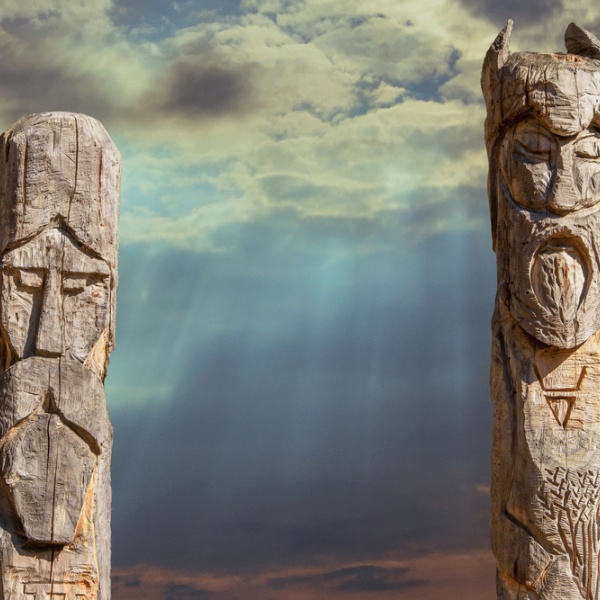
The Torah provides very little biographical information. Rather, it highlights significant events in their lives from which we can deduce and debate…

“G-d said to Avram, go away from your county, your birthplace and your father’s home, to the land that I will show you” (Breisheet 12:1). While it…

“And G-d said to Abram, ‘Go forth from your land, your birthplace and the land of your fathers’” (Breisheet 12:1). With nary a word, Abram picks…

Sefer Breisheet might be described as the book of movement. Beginning with the heavenly spheres and moving to birds, fish, animals and humans sefer…

Our rabbis famously debate the righteousness of Noach. Was he a tzadik only relative to the corrupt society in which he lived, or was his…

"And there was an argument between the herdsmen of Abram's livestock and the herdsmen of Lot's livestock, and the Canaanite and the…

The Divine choosing of Avraham marks the beginning of Jewish peoplehood. Tellingly, this relationship begins with G-d's command (obeying G-d'…

“And Terach’s years were 205 years, and Terach died in Charan. G-d said to Abram, Go away from your land, your birthplace and from…

Judaism and modern western thought both teach the supremacy of man's freedom of choice. For modern man, freedom is rooted in the notion of…

"G-d said to Abraham, ‘Go away from your land, from your birthplace, and from your father's house to the land that I will show you…

"Sarai said to Abram, 'G-d has kept me from having children. Come to my concubine; perhaps I will be built up through her'" (16:2…
